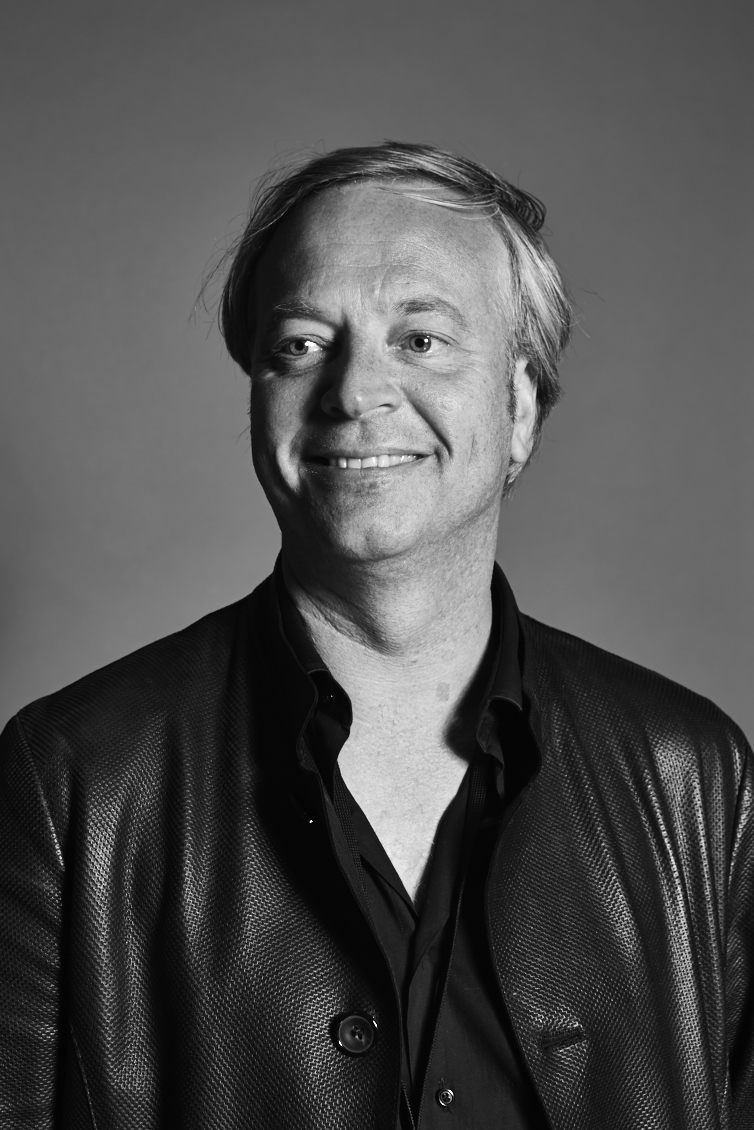Professor Roel Vertegaal is presenting a talk this Friday, October 24th at 11:00 am in the Bahen Centre, Room BA1210.
Designing everyday computational things
Abstract
In his book The Psychology of Everyday Things, Donald Norman outlined a world of things around us that are poorly designed because their designers did not apply psychology to the design process. The idea that psychologists can answer questions about design, through a user-centered design process, is a thesis that has guided our field for several decades. However, if we examine what the worlds top industrial designers, such as Yves Béhar, Jonathan Ive, Karim Rashid, and Philippe Starck, actually do, it becomes clear that they work quite differently. To them, thinking about function is like thinking intuitively about three-dimensional shapes. Interaction design is at the dawn of a new age: Flexible Organic Light Emitting Diodes (FOLEDs) and Flexible Electrophoretic Ink (E Ink) present a third revolution in display technologies that will greatly alter the way computer interfaces are designed. Instead of being constrained to flat surfaces, we will have the ability to shrink-wrap displays around any three-dimensional object, and thus, potentially, every everyday thing. You will order your morning coffee through a display on the skin of your beverage container and your newspaper will be displayed on a flexible paper computer that can be folded into your pocket. Each “thing” will ease mental load by serving only one physical function. As opposed to most software, computational things live in real reality. This means they will have to be designed by industrial designers that can intuit how physical shape and materiality trigger deeply haptic, emotive and immersive connections between real-world objects of use and our bodies, souls and minds.
 |
 | Bio Roel Vertegaal is a Dutch-Canadian interaction designer, scientist, musician and entrepreneur working in the area of Human-Computer Interaction. He is the director of the Human Media Lab and Professor at Queen’s University’s School of Computing. He is best known for his pioneering work on flexible and paper computers, with systems such as PaperWindows (2004), PaperPhone (2010) and PaperTab (2012). He is known for inventing ubiquitous eye input, such as Samsung’s Smart Pause and Smart Scroll technologies. He is also a co-founder of Mark One, and co-inventor of Vessyl, the smart beverage container. |

